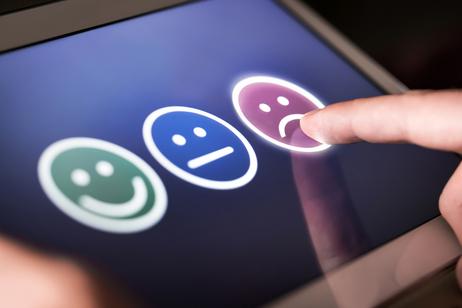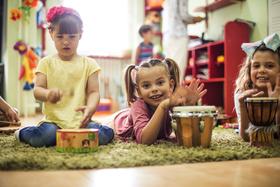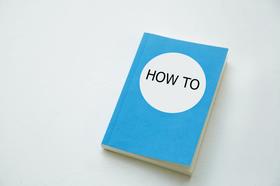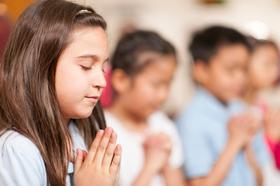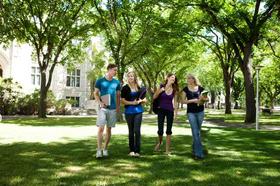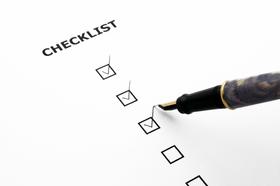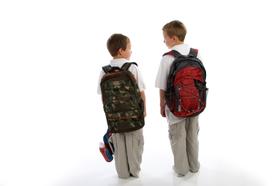As a Young Person
I remember being intimidated by the private schools in my hometown of Montreal. I only became aware that there was such a thing as a private school in fifth or sixth grade when a couple of my classmates took the entrance examinations at Lower Canada College and Selwyn House School. I don't recall much discussion at home about the schools except that the academic work was hard and that my parents couldn't afford to send me to a private school. Then, in high school, we got a couple of new classmates who had previously attended a boarding school in the Eastern Townships. These lads struck me as snobbish, arrogant, rich, undisciplined, and not serious about learning. So, I understood why they had been asked not to return after a year at their school. That was the first time I knew private schools strive to be genuine learning institutions.
As a Parent
I had a different impression of private schools when we began thinking about preschools and elementary schools for our daughters. My late wife had attended private schools in Manhattan, so sending our kids to private schools made sense. Both girls attended preschools operated by the churches we attended. My eldest daughter then attended the local Waldorf school for the elementary grades. Again, we had positive experiences at all three of these schools. A few years later, we moved to Litchfield County, Connecticut. It's beautiful country, but not many people live there. The local primary and high schools were small. Initially, they were satisfactory. Students received lots of individual attention, experienced, caring teachers, and an acceptable academic curriculum, but little else unless you happened to be in the band or on the football team. That's what prompted us to send both children off to boarding school. We wanted more intensive academics, comprehensive athletics, and a variety of extracurricular activities for our daughters. The boarding schools they attended had all that and more.
So, as a young person, I had a negative view of private schools because I thought they were unaffordable and only for rich kids. As I grew older, my viewpoint changed drastically once I experienced what private schools did for my children.
So, with that in mind, let's look at why private schools still get a bad rap.
This video offers an overview of Kent School in Kent, Connecticut.
Half the Story
Private school education has long been debated, with critics arguing that it perpetuates a cycle of bias and inequality. This issue is not only significant but also deeply concerning, as it has a detrimental impact on marginalized individuals and exacerbates the lack of fairness, equity, and inclusion in our society. Source: Honor Society Foundation
The paragraph above comes from Breaking the Cycle of Bias in Private School Education illustrates a point of view that is pretty typical of the sort of criticism of private schools for things that occurred decades ago. The full story leaves out the main reason parents send their children to a private school, i.e., the academics. When my eldest daughter was in 9th grade, her English Literature class read one Shakespeare play that year. She read three Shakespeare plays a year when she attended Kent School for 10th through 12th grades. It's that kind of academic intensity we parents are willing to pay for to prepare our children for college-level work.
Media Bias Against Private Schools
It's easier to write a negative article about a private school than to report on the positive happenings. For example, the founders of Google had private school educations. According to Wikipedia, Larry Page attended the Okemos Montessori School (now called Montessori Radmoor) and spent two summers at the Interlochen Center for the Arts. Now read The Problem with Private Schools and Addressing Bias in Private Education: A Call for Change from the opposite point of view.
Private school education has long been a topic of debate, with critics arguing that it perpetuates bias and exacerbates inequality. This issue is not only significant but also deeply concerning, as it disproportionately affects marginalized individuals and hinders efforts towards fairness, equity, and inclusion. Source: Honor Society Foundation
Both print and TV media tend to portray private schools negatively.
This News Channel 5 Investigates report offers an example of that bias.
Sensational reporting attracts viewers. Consequently, a positive article about private K-12 schools will get far less traction than a scandal in a local private school. In sum, accusations of perpetuating elitism, lack of diversity, and inequality will be heard and seen more frequently than balanced coverage of the benefits of a private education.
To learn what a private school is like, I suggest you visit one and see what it is all about. Each private school is a unique, independent operation, so you can't make any generalizations about private schools from a single visit. But you can get a pretty good idea of how that school you have visited functions. Most private schools have tours. Check the school website you are interested in for dates and times. Or call the school office for further information.
Inclusion Not Elitism
5 More Founders and The Schools Their Gifts Established counters the perception that private schools only cater to wealthy, privileged families. The founders of private day and boarding schools sought to provide a solid education for their students, knowing that doing so would improve society overall. It is an altruistic purpose for sure, but that's how I believe generous people like Stephen Girard and Milton Hershey thought. Unfortunately, we only read about how private schools lack racial and socioeconomic diversity.
Academic Performance
Having taught in two private schools, the thing I appreciated very much as a teacher was the small class sizes. I didn't have to waste precious teaching time policing my students. The school's code of conduct instilled a high standard of acceptable behavior. I could see at a glance which students understood what I was teaching. It was easy to facilitate discussions. Smartphones and TikTok notwithstanding, that's how students learn.
Questions? Contact us on Facebook. @privateschoolreview
#PrivateSchoolMyths #EducationChoice #AcademicExcellence #SchoolDiversity #BalancedPerspective #PrivateEducation #SchoolChoice #BeyondStereotypes

